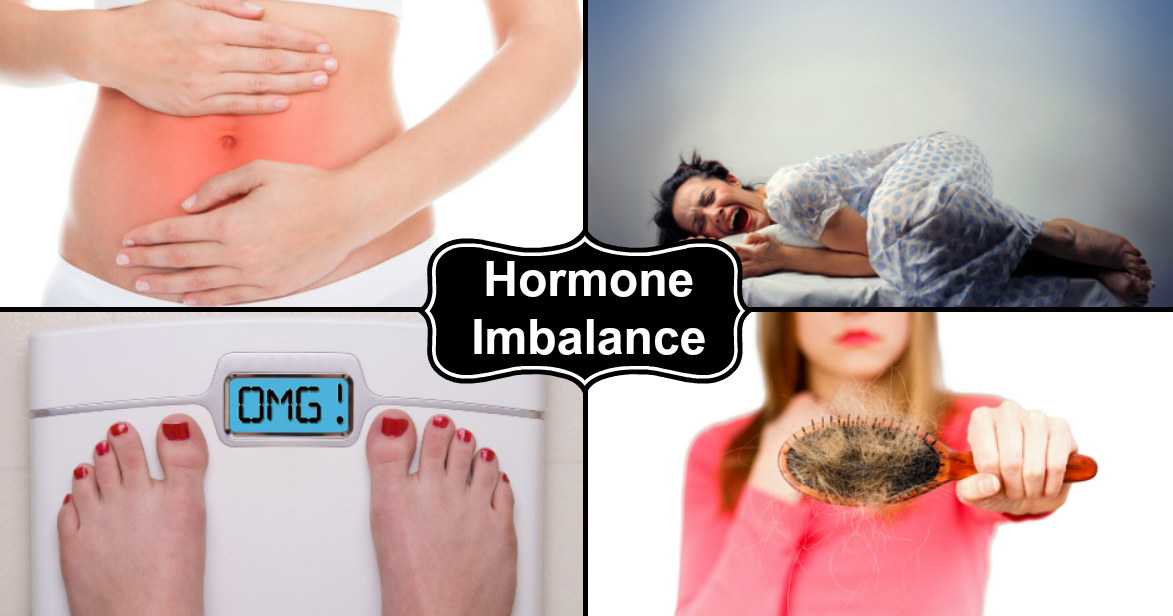Hormonal balance is vital, especially in women. It influences everything from reproduction to mood regulation. Hormonal changes may cause many health challenges, affecting reproductive cycles, metabolic functions, and emotional well-being.
As a woman, you must be aware of the importance of hormonal health and the adverse effects of hormonal imbalance. It may help you identify any early symptoms and seek immediate medical help to avoid major health problems & hormonal disorders.
Ankura Hospital is the trusted children’s and women’s hospital in India. Our team of experienced gynecologists diagnoses you thoroughly and provides effective treatments tailored to your needs. We offer a plethora of gynecology and maternity services, including menstrual disorders, PCOS, pelvic floor issues, and much more. Book an appointment with us today and receive the utmost care.
How Hormonal Changes Affect a Woman’s Well-Being?
The endocrine system is a network of glands and hormones. It plays a crucial role in regulating bodily functions. If there is any disruption, it may lead to hormonal changes, causing adverse effects. Due to hormonal irregularities, a woman may face several health problems. Some of these are:-
Adverse Impact on the Reproductive System
One of the primary concerns associated with hormonal changes is their effect on a woman’s reproductive system. It may lead to many hormonal disorders, causing severe symptoms, such as irregular & absent menstrual cycle, excessive facial hair growth, acne, and much more. Some common types of disorders are:-
- Polycystic Ovary Syndrome (PCOS): A complex disorder that leads to ovarian cysts, irregular periods, and sleep disturbances.
- Endometriosis: A disorder where a tissue similar to the lining of a woman’s uterus grows outside it. It causes fertility issues, pain, and inflammation.
- Hypothyroidism: It occurs when a thyroid gland does not produce enough thyroid hormones. It leads to weight gain, fatigue, and other symptoms.
- Hyperthyroidism: When the gland produces higher levels of thyroid hormones, it may lead to weight loss, anxiety, and rapid heartbeat.
- Fibroids: These refer to the noncancerous growths of the uterus, causing heavy menstrual bleeding, pelvic pain, and pressure on nearby organs.
- Menopause: The natural process of the end of menstruation, often accompanied by hormonal changes. It leads to mood swings, reduced bone density, and hot flashes.
- Hyperprolactinemia: Due to higher levels of prolactin (a hormone responsible for milk production), there can be fertility problems, irregular periods, and milk production in non-pregnant women.
Mood Swings & Irritability
Emotional well-being is closely tied to hormonal balance. Due to fluctuations in women’s hormones, such as progesterone and estrogen, throughout the menstrual cycle, you may experience mood swings, irritability, and mood disorders, like depression.
If you face any mood swings during the postpartum period, coupled with the demands of caring for your little one, there is a possibility of triggering postpartum depression and affecting your ability to bond with your baby.
Physical Symptoms
Due to hormonal changes, you may experience physical symptoms that may affect your daily life. These symptoms include hair loss, unwanted body & facial growth, and acne & skin darkening. Such dermatological concerns affect your appearance and lead to psychological distress & lower self-esteem.
Additionally, you may experience poor bone health. Estrogen plays a crucial role in maintaining bone density. If there is a decline in estrogen levels, you are at a higher risk of osteoporosis. You may be susceptible to fractures and mobility limitations.
Cardiovascular Issues
The hormone named estrogen has protective effects on the cardiovascular system. It promotes healthy blood vessels and minimizes the risk of heart disease.
If estrogen levels decline during menopause, you may become prone to heart disease and other cardiovascular issues. Hormonal changes may lead to severe changes in lipid profile and blood pressure, leading to many health risks.
Lifestyle Changes: Prevent Hormonal Imbalance
- Healthy Diet: A nutritious diet can support hormonal health. You can avoid processed foods, sugars, and excessive caffeine to stabilize blood sugar levels and promote hormonal balance.
- Regular Physical Activity: You may experience hormonal imbalances and weight gain due to a lack of physical activity. You can improve insulin sensitivity and manage weight by engaging in physical activities like walking, exercising, and swimming.
- Stress Management: Chronic stress can affect your hormonal production and balance. You can practice stress-reduction measures and strategies, such as yoga, meditation & deep breathing, to manage stress.
- Proper Sleep: You must get adequate sleep to promote hormonal balance and improve your overall health.
- Stay Hydrated: Drinking enough water allows various bodily functions to perform smoothly. With proper hydration, hormones and waste products are transported effectively.
- Limit Alcohol: Excessive smoking and alcohol consumption may disrupt hormonal balance. To promote your health, you can reduce smoking and alcohol consumption.
Stay Active & Safe With Ankura Hospital!
Many women struggle with hormonal disorders. So, you must receive immediate medical care if you are experiencing any health symptoms. Any delay in treatment may lead to more changes in hormones and cause severe health issues.
At Ankura Hospital, we offer state-of-the-art facilities and a wide range of gynecology & maternity services. We ensure you have the best treatment and faster recovery so that you can regain strength & get back to your active lifestyle. We are open 24×7 so you can stay safe and get immediate medical services. Book an appointment or visit us today.

